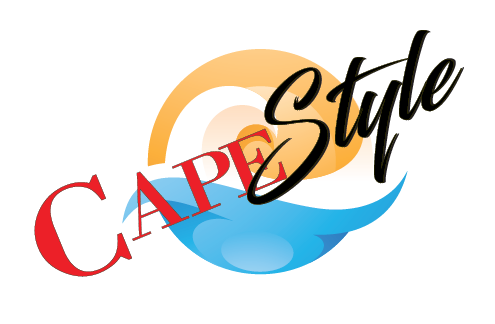The debt dilemma
The process for eliminating debt is anything but an easy-to-solve financial equation. Many people wonder if they should pay off their debt as quickly as possible or invest their money, letting debt payments run their course.
The answer depends on whom you ask. Theories about balancing investing with debt vary widely.
Some financial experts say freedom from debt is the most important goal. Others say it’s more about the math: your money should go toward investing if your investments earn a higher rate of return than your debts cost you. Still others focus on the emotional aspect: how comfortable are you with a certain level of debt?
Save for a rainy day. Before paying down debt (beyond required payments) or settling on an investment strategy, make it your first priority to put funds aside for an emergency reserve. We recommend six months or more of living expenses; an absolute minimum is three months’ worth. These funds should be in traditional savings or very short-term, highly liquid, non-volatile investments.
Your future first. As a general rule, your long-term investment plan should take priority over applying extra amounts toward debt. Be careful as well not to let “lifestyle creep,” a tendency toward more expensive tastes and luxury consumption, impede your investment outlook.
By contributing to a long-term investment plan as early as possible, you may set yourself up for a brighter future. If paying down debt is also a priority, you’ll want to examine your personal budget to decide how much to direct each month toward investing and how much toward debt repayment.
Just remember, there are no magic numbers. In general, the best advice is to make sure your investment strategy fits your financial expectations for the future.
Prioritize your debts. With an emergency fund in place and your investment strategy up and running, putting any extra money toward your debts is also a smart way to go. But how do you decide which debts to pay down first?
One approach is to start with the smallest debts first to eliminate at least some of your debt burden and interest payments in a timely manner. It also makes sense to pay off high-interest debts like private student loans and credit card debt more quickly.
Federal student loans and mortgages might be lower priorities, because their rates are often lower and their terms are longer. Vehicle loans might fall somewhere in the middle. Tax considerations might also come into play.
It’s personal. As you divide and conquer debt, don’t forget to consider the emotional side of your strategy. If paying off a certain debt will help you feel more secure, you might want to go with your gut feeling.
You’ll enjoy a growing sense of financial freedom as you stay on course and get your debt under control. As it shrinks over time, you may find you have more funds available for enjoying the present and focusing on the future.
This article was written by/for Wells Fargo Advisors and provided courtesy of Alfred Rich, Financial Advisor with the Nolte Wealth Management Group.
Investments in securities and insurance products are:NOT FDIC-INSURED/NOT BANK-GUARANTEED/MAY LOSE VALUE. Wells Fargo Advisors, LLC, Member SIPC, is a registered broker-dealer and a separate non-bank affiliate of Wells Fargo & Company.
©2015 Wells Fargo Advisors, LLC. All rights reserved. 0715-02495 [95303-v1]



